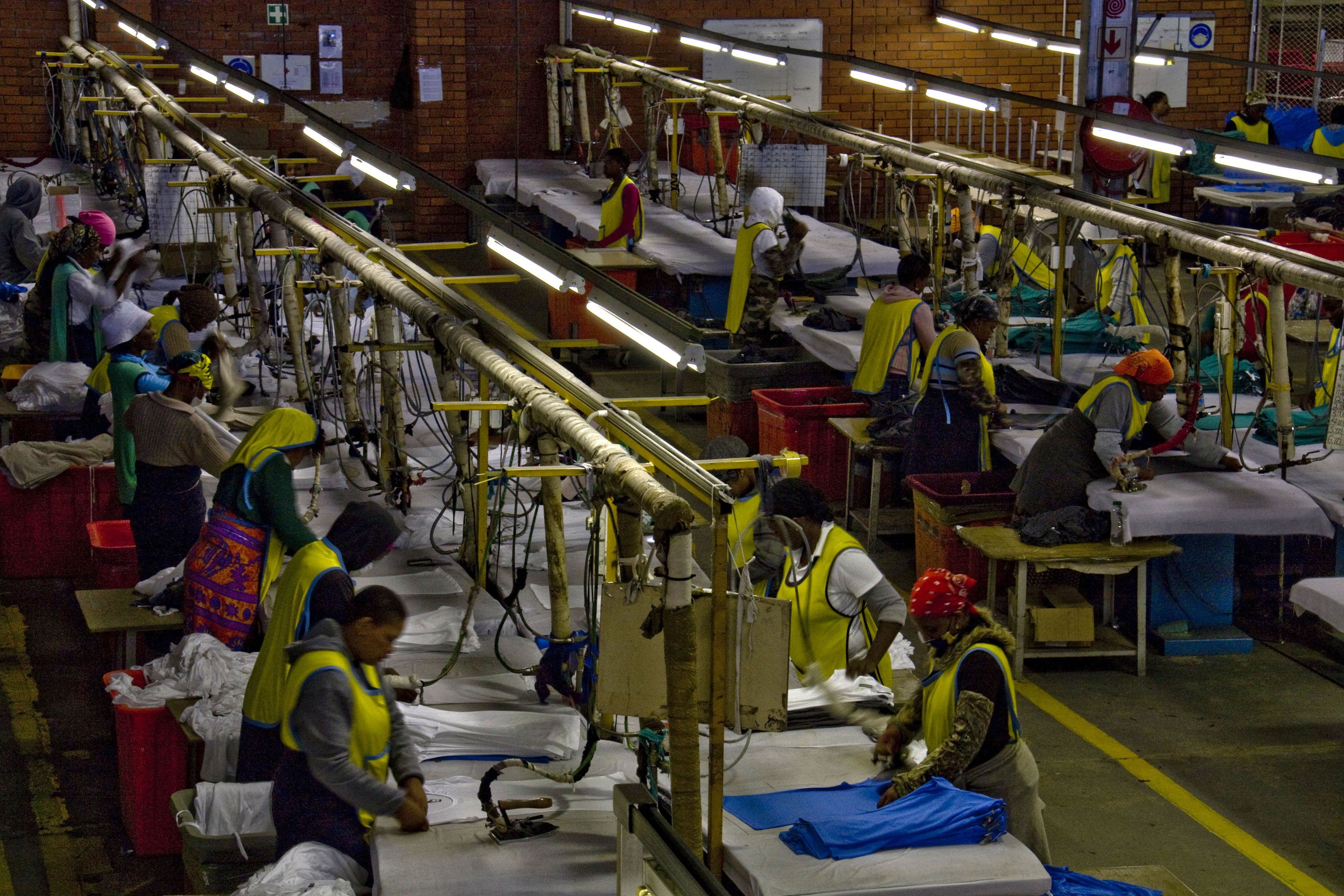A social entrepreneur is person that recognizes a social problem and uses entrepreneurial principles to solve that problem. Tal Dehtiar, a Canadian born entrepreneur, is such a person. The problem that Tal stumbled upon was the lack of quality products manufactured in Africa. There are a number of reasons manufactures don’t make their products in Africa:
– poor infrastructure
– high costs
– poorly trained labour
– corruption
– outdated equipment
– logistical issues i.e. transportation of goods
Tal wanted to make the phrase, Made in Africa, evoke images of quality well made products. The same way Made in China or Made in Great Britain does depending on the product. His solution was Oliberte.
Oliberte, a shoe factory, is making quality casual shoes in Africa. The company was started three years ago, with an aim to make — and sell — shoes for the fashionista with a conscience.
Tal hopes that his example of manufacturing goods in Africa will encourage a number of changes. For example:
– encourage other companies to manufacture in Africa
– promote Africa as a place to buy quality products
– increase employment amongst low skilled workers
The China Problem
The elephant in the room, when discussing Tal’s company, is that it is so much cheaper and easier to make his products in China. In fact when Tal appeared on the Canadian version of Dragon’s Den (2010) to seek investment for his company, multi-millionaire Kevin O’Leary baulked,
“You’re in a country where your costs are 130% more than where you could be in China. And you won’t, for some reason that I don’t understand, raise your prices to match your quality.”
This is a fair criticism. Most manufacturers go straight to China when they want their product made cheaply. China has a good reputation, and manufacturers a large amount of the world’s products to a great standard. Africa has no such reputation – yet!
Tal is fiercely determined and despite the obvious temptation to move production to China, part of the marketing for his product is helped by the fact he makes his goods in Africa. The only thing he could work on, as pointed out by O’Leary, is to price his products higher. Thus making them less accessible to ordinary Africans.
Criticism
A lot of Africans are encouraged by Tal’s stance of sticking with Africa for making his shoes, but there are a number of people who criticise the idea of making more products in Africa. Critics argue that Africa could become like China with regards to making cheap products, at low wages, using badly treated workers.
Africa is in desperate need of jobs and what country would turn down the prospect of big western companies manufacturing their goods in Africa even if it meant they didn’t treat all the employees fairly.
Tal has tried to counter this problem in his company by insisting his manufacturers treat workers fairly and that a minimum wage is implemented in the factories he uses. However, unless he has a way of overseeing all production lines there is a danger that some African workers will be exploited anyway
Supporters
Despite this criticism Oliberte has many supporters. Celebrities (Snoop Dogg, Kristen Stewart, K’Naan) have been quick to purchase the shoes mainly because they like the philosophy behind the company. Also many ordinary Africans are encouraged by the work of the company and hope other companies follow.
Africa needs risk takers, especially those willing to take a risk on Africa. Companies like Oliberte offer a solution to the problem of third-world aid. Africa needs investment, business partners, and entrepreneurs. They can do more for Africa than third world aid has done.
Rather than becoming another manufacturing dump like some parts of China, Africa can build it’s manufacturing prowess to give it’s economy a boost by creating jobs and using African’s abundant creativity to develop new products that the world wants to buy. China’s economy has roared and that is due in large to it’s manufacturing industry. Africa can learn from China’s success as well as its mistakes to forge a bright prosperous future.
Conclusion
I believe Oliberte offers an opportunity to Africa. Aside creating jobs, it is proving that Africa can become a manufacturing powerhouse like China. If Africa can turn from consumer to producer it would eradicate the damage done by corruption, third world aid, and wars. The next generation of African children can learn from Oliberte’s example and develop the mindset of becoming producers and commanders in their own lives. By making and producing more products on Africa’s shores they would greatly benefit themselves as well as the whole world.
Currently, Oliberte operates in Ethiopia, Liberia and Kenya with the goal of expanding to Cameroon, Congo, Uganda and Zambia in the coming years.








